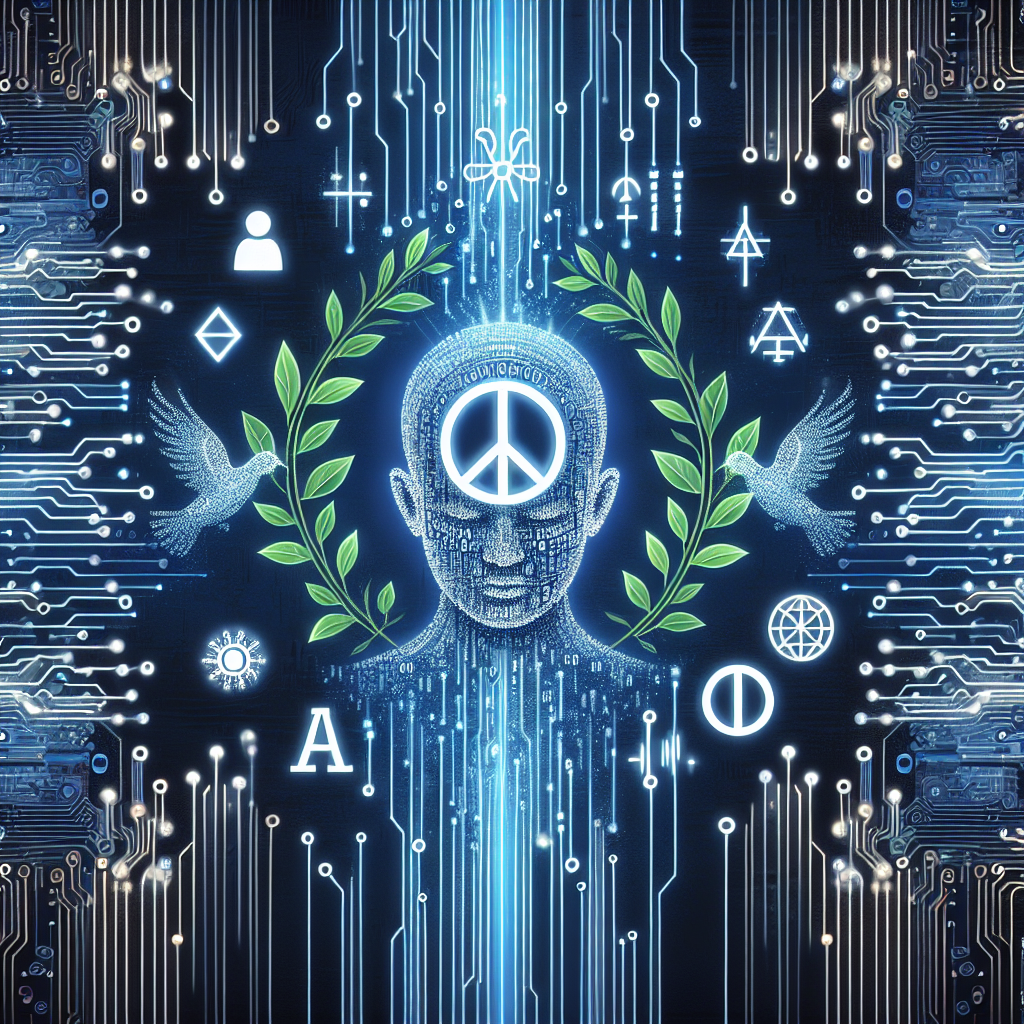The Role of AI Democratization in Driving Social Change
In recent years, artificial intelligence (AI) has emerged as a powerful tool with the potential to drive significant social change. From healthcare to education to transportation, AI has the ability to revolutionize industries and improve the lives of people around the world. However, the benefits of AI have not been equally distributed, with access to AI technology often limited to a small number of companies and individuals. The democratization of AI – the process of making AI technology more accessible and affordable – is key to ensuring that the benefits of AI are felt by all. In this article, we will explore the role of AI democratization in driving social change and discuss how this process can help create a more equitable and inclusive society.
What is AI democratization?
AI democratization refers to the process of making AI technology more accessible and affordable to a wider range of users. This includes lowering the barriers to entry for AI development, making AI tools and resources more widely available, and ensuring that the benefits of AI are shared across different sectors of society. By democratizing AI, more people and organizations can harness the power of AI to solve complex problems, drive innovation, and improve the quality of life for individuals and communities.
One of the key goals of AI democratization is to address the existing disparities in access to AI technology. Currently, AI development is dominated by a small number of companies and research institutions, leading to a concentration of power and resources in the hands of a few. By democratizing AI, more individuals and organizations – including small businesses, nonprofits, and governments – can access AI tools and resources, enabling them to take advantage of the benefits of AI technology.
How can AI democratization drive social change?
AI democratization has the potential to drive significant social change in a number of key areas:
1. Healthcare: AI has the potential to revolutionize healthcare by enabling more accurate diagnoses, personalized treatment plans, and predictive analytics. By democratizing AI, healthcare providers in underserved communities can access AI tools and resources to improve patient outcomes, reduce costs, and increase efficiency. For example, AI-powered diagnostic tools can help identify diseases earlier, leading to better treatment options and improved health outcomes for patients.
2. Education: AI can transform education by providing personalized learning experiences, automating administrative tasks, and enabling teachers to better support students. By democratizing AI, schools and educators can access AI tools and resources to tailor instruction to individual students’ needs, track student progress, and identify areas for improvement. This can help address disparities in educational outcomes and ensure that all students have access to high-quality education.
3. Transportation: AI has the potential to improve transportation systems by optimizing traffic flow, reducing congestion, and enhancing safety. By democratizing AI, cities and transportation agencies can access AI tools and resources to develop smart transportation solutions, such as predictive maintenance for infrastructure, real-time traffic management, and autonomous vehicles. This can help reduce pollution, improve public safety, and enhance mobility for all residents.
4. Environmental sustainability: AI can help address environmental challenges by analyzing data, predicting outcomes, and informing decision-making. By democratizing AI, environmental organizations and policymakers can access AI tools and resources to monitor climate change, track biodiversity, and develop sustainable solutions. This can help protect natural resources, mitigate the impacts of climate change, and promote environmental stewardship.
Overall, AI democratization has the potential to drive social change by empowering individuals and organizations to harness the power of AI to address complex problems, drive innovation, and improve the quality of life for individuals and communities. By making AI technology more accessible and affordable, we can ensure that the benefits of AI are felt by all and create a more equitable and inclusive society.
FAQs about AI democratization:
1. What are some examples of AI democratization in action?
Some examples of AI democratization in action include the development of open-source AI tools and resources, the creation of AI education programs for underserved communities, and the use of AI in social impact projects. For example, organizations like AI for Good are working to democratize AI by providing free access to AI tools and resources for nonprofits and social enterprises, enabling them to leverage AI technology to address social and environmental challenges.
2. How can individuals and organizations contribute to AI democratization?
Individuals and organizations can contribute to AI democratization by advocating for policies that promote access to AI technology, supporting initiatives that provide AI education and training for underserved communities, and collaborating with partners to develop AI solutions that address social and environmental challenges. By working together to democratize AI, we can ensure that the benefits of AI are shared across different sectors of society and create a more equitable and inclusive future.
3. What are some potential challenges to AI democratization?
Some potential challenges to AI democratization include issues related to data privacy and security, biases in AI algorithms, and the digital divide. To address these challenges, it is important to develop policies and practices that promote ethical AI development, ensure transparency and accountability in AI systems, and bridge the gap in access to AI technology. By addressing these challenges, we can create a more inclusive and equitable AI ecosystem that benefits all members of society.
In conclusion, AI democratization plays a crucial role in driving social change by making AI technology more accessible and affordable to a wider range of users. By democratizing AI, we can empower individuals and organizations to harness the power of AI to address complex problems, drive innovation, and improve the quality of life for individuals and communities. By working together to democratize AI, we can create a more equitable and inclusive society where the benefits of AI are felt by all.

